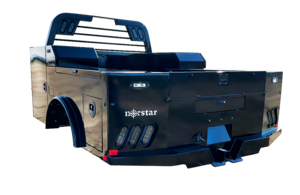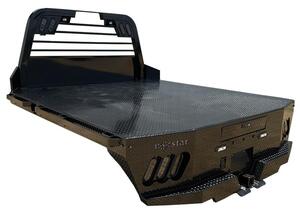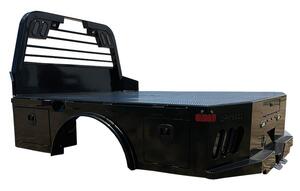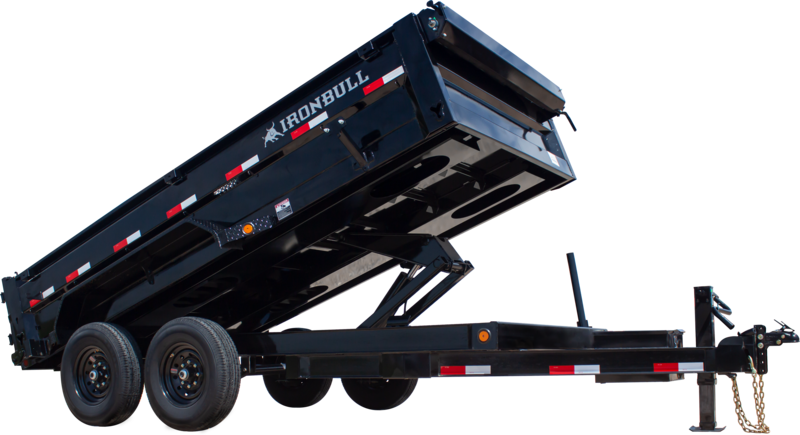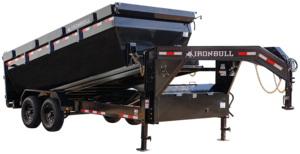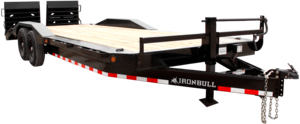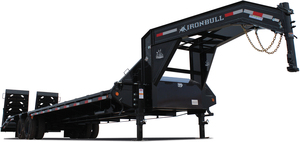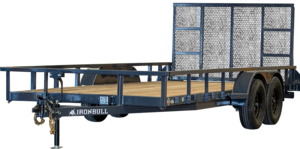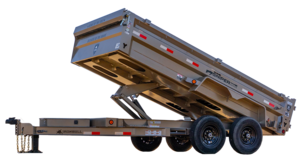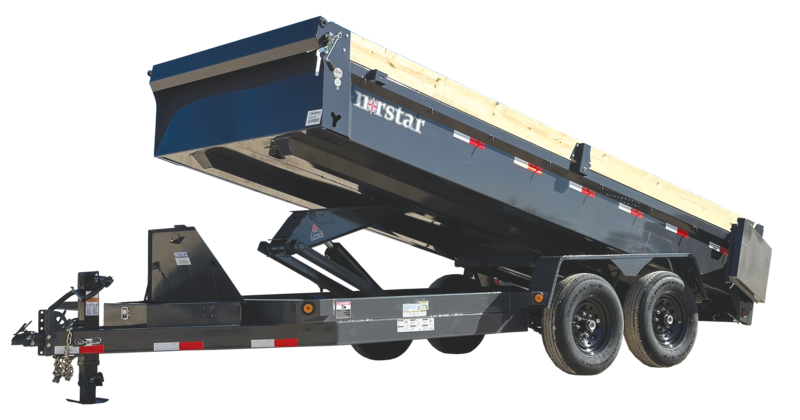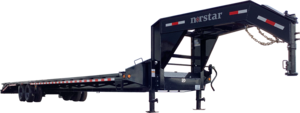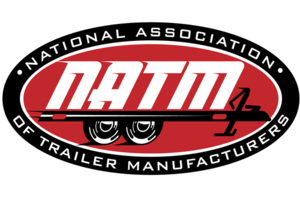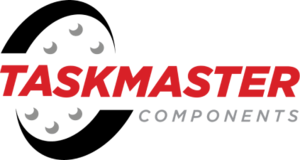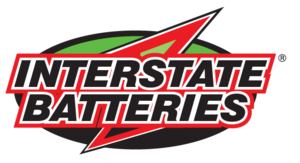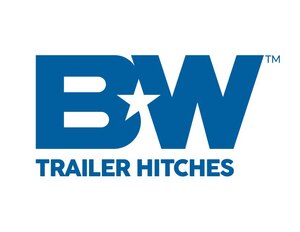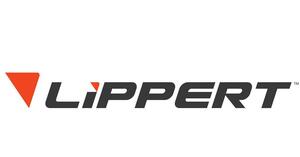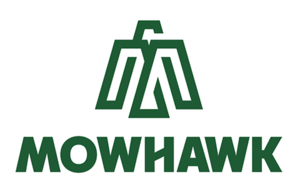The Complete Guide: How to Hook Up a Trailer to a Truck
Whether you're planning a road trip with a camper, hauling equipment for a home renovation project, or transporting goods for business, knowing how to properly hook up a trailer to a truck is essential.
While it may seem daunting at first, connecting a trailer to your truck with the right knowledge and step-by-step instructions can be a straightforward and safe process.
This comprehensive guide will walk you through the essential steps of hooking up a trailer to a truck and provide valuable tips to ensure its safety and security.

Assessing Your Equipment and Preparing for Hookup
Before getting started with hooking up your trailer to your truck, it's crucial to assess the equipment you'll be working with and prepare for the hookup process.
In this section, we'll discuss the importance of selecting a suitable truck and trailer combination, ensuring you have the necessary equipment and tools, verifying your truck's towing capacity, and preparing the trailer for hookup.
What kind of truck and trailer combination is suitable?
Choosing the right combination of truck and trailer is essential for a safe and efficient towing experience. Factors to consider are the size and weight of the trailer, the towing capacity of the truck, and the type of hitch required. Make sure the hitch on your truck is compatible with the trailer's coupler and that both are rated for the weight you'll be towing.
Do you have the necessary equipment and tools?
Before attempting to hook up trailer to the truck, ensure you have all the necessary equipment and tools. This includes a hitch, hitch ball, ball mount, safety chains, trailer wiring, and a breakaway system if required. Additionally, having a jack, wheel chocks, and a torque wrench can be helpful during the hookup process.
How to ensure your truck is capable of towing the trailer's weight?
To determine if your truck can handle the weight of your trailer, consult your vehicle's owner's manual for its towing capacity. Be sure not to exceed this limit, as doing so can cause damage to your truck and create unsafe towing conditions. Remember to factor in the weight of any cargo or passengers in the trailer when calculating the total weight.
Preparing the trailer for hookup: lights, tires, brakes, and safety chains
Before hooking up your trailer, it's essential to perform a thorough inspection and ensure everything is in working order. Check the trailer's lights, tires, brakes, and safety chains to ensure they are functioning correctly and in good condition. Additionally, verify that the trailer's wiring is compatible with your truck's electrical system to ensure proper communication between the two.

Understanding the Hitch System
The hitch system is a vital component of connecting trailer to truck. This system ensures a secure connection between the two, allowing for safe and efficient towing. In this section, we'll explore different types of hitch systems, how to choose the suitable ball mount, understand various trailer couplers and hitch ball sizes, and determine the correct height for your ball mount.
Types of hitch systems and their compatibility with your trailer
Several types of hitch systems are available, each designed for specific towing needs. Some common hitch types include receiver hitches, gooseneck hitches, and fifth-wheel hitches. To ensure compatibility, check the trailer's coupler type and the truck's towing capacity to select the appropriate hitch system for your needs.
What is a ball mount, and how to choose the right one?
A ball mount is a component that connects the hitch receiver to the trailer's coupler. It features a shank that slides into the receiver and a platform that holds the hitch ball. When selecting a ball mount, consider the weight capacity, drop or rise (to accommodate height differences between the truck and trailer), and the size of the hitch ball required for your specific trailer coupler.
Different trailer couplers and their corresponding hitch ball sizes
Trailer couplers come in various sizes and styles, each designed to fit a specific hitch ball size. Common hitch ball sizes include 1-7/8", 2", and 2-5/16". To ensure a proper fit, match the trailer coupler's size to the corresponding hitch ball size. Additionally, make sure the hitch ball's weight capacity meets or exceeds the trailer's loaded weight.
How to determine the correct height for the ball mount
For a safe and level towing experience, ensuring the correct height for your ball mount is essential.
To do this:
Measure the distance from the ground to the top of the trailer's coupler when level.
Measure the distance from the ground to the top of the hitch receiver on your truck. The difference between these measurements will determine the required drop or rise of the ball mount.
Choose a ball mount with the appropriate drop or rise to achieve a level towing setup.

Step-by-Step Guide: How To Connect A Trailer
Now that you have a solid understanding of the equipment and preparation needed for hooking up a trailer, it's time to dive into the step-by-step process.
Here’s a walkthrough on aligning the truck and trailer, connecting the hitch, attaching safety chains, connecting electrical wiring, and testing the trailer brakes.
Aligning the truck and trailer
Begin by aligning the truck and trailer, ensuring the trailer coupler is above the hitch ball. It's helpful to have a spotter to guide you or use a backup camera to assist with alignment. Once aligned, apply the truck's parking brake and chock the trailer wheels to prevent movement during the hookup process.
Connecting the hitch
Lower the trailer coupler onto the hitch ball by releasing the trailer jack or manually lifting the trailer tongue. Ensure the coupler is fully seated on the hitch ball and secure it by closing the coupler latch. If applicable, insert a safety pin or lock to prevent the latch from accidentally opening during transit.
Attaching safety chains
Safety chains are a crucial component of any towing setup, providing a backup connection between the truck and trailer in the event of hitch failure. Cross the chains under the trailer tongue and attach them to the designated anchor points on the truck, ensuring they are secure but have enough slack to allow for turns.
Connecting electrical wiring
Connect the trailer's electrical wiring to the truck's trailer plug, ensuring a proper fit. This connection allows the truck to control the trailer's lights, turn signals, and brake lights. Make sure the wiring is secured and not dragging on the ground, as this can cause damage during transit.
Testing the trailer brakes
Before hitting the road, it's crucial to test the trailer's brakes to ensure they are functioning correctly. With the truck and trailer connected, start the engine and apply the trailer brakes using the manual override on the brake controller. If the trailer brakes engage and hold, then release when the override is released, the system is functioning correctly. If not, troubleshoot any issues before proceeding with your journey.
Final Checks and Adjustments
Once you've completed the process on how to attach a trailer, it's essential to perform a series of final checks and adjustments to ensure a safe and smooth towing experience.
Verifying the trailer is securely connected to the truck
Before hitting the road, double-check that the trailer is securely connected to the truck. Ensure the coupler is fully seated on the hitch ball, the latch is closed and secured with a safety pin or lock, and the safety chains are properly attached and crossed under the trailer tongue. Additionally, verify that the electrical wiring is connected and secured.
Checking the trailer's lights and signals
Test the trailer's lights and signals to ensure they function correctly and are in sync with the truck's lights. With the engine running, have a spotter or helper observe the trailer's lights while you operate the truck's headlights, turn signals, and brake lights. Address any issues or replace any faulty bulbs before proceeding.
Ensuring the trailer's weight distribution is correct
Proper weight distribution is essential for a safe and stable towing experience. Verify that the trailer's load is evenly distributed from side to side and that approximately 60% of the weight is positioned in the front half of the trailer. Additionally, ensure the trailer is level when connected to the truck, making any necessary adjustments to the ball mount height.
Confirming the proper functioning of trailer brakes
Finally, perform one last check of the trailer brakes to ensure they function correctly. With the truck and trailer connected, start the engine and apply the trailer brakes using the manual override on the brake controller. If the trailer brakes engage and hold, then release when the override is released, the system is functioning correctly. If not, troubleshoot any issues before starting your journey.
Safely Towing with Confidence
Properly hooking up a trailer to your truck involves a series of essential steps, including selecting the right equipment, aligning the truck and trailer, connecting the hitch, attaching safety chains, and connecting electrical wiring. By following these guidelines and performing final checks and adjustments, you can ensure a safe and smooth towing experience.
It's crucial to emphasize double-checking everything, from the secure connection between the truck and trailer to the functioning of lights and brakes. Taking the time to verify each component will help prevent potential issues on the road.
If you're new to towing or unsure about any part of the process, don't hesitate to practice or seek professional help. Familiarizing yourself with the steps and asking for guidance when needed will make you a more confident and capable tower.
Lastly, when it comes to selecting high-quality towing equipment, consider Norstar Company's products. With a wide range of towing accessories, Norstar in Brookston, Texas, offers reliable solutions to help you tow with confidence and ease.




